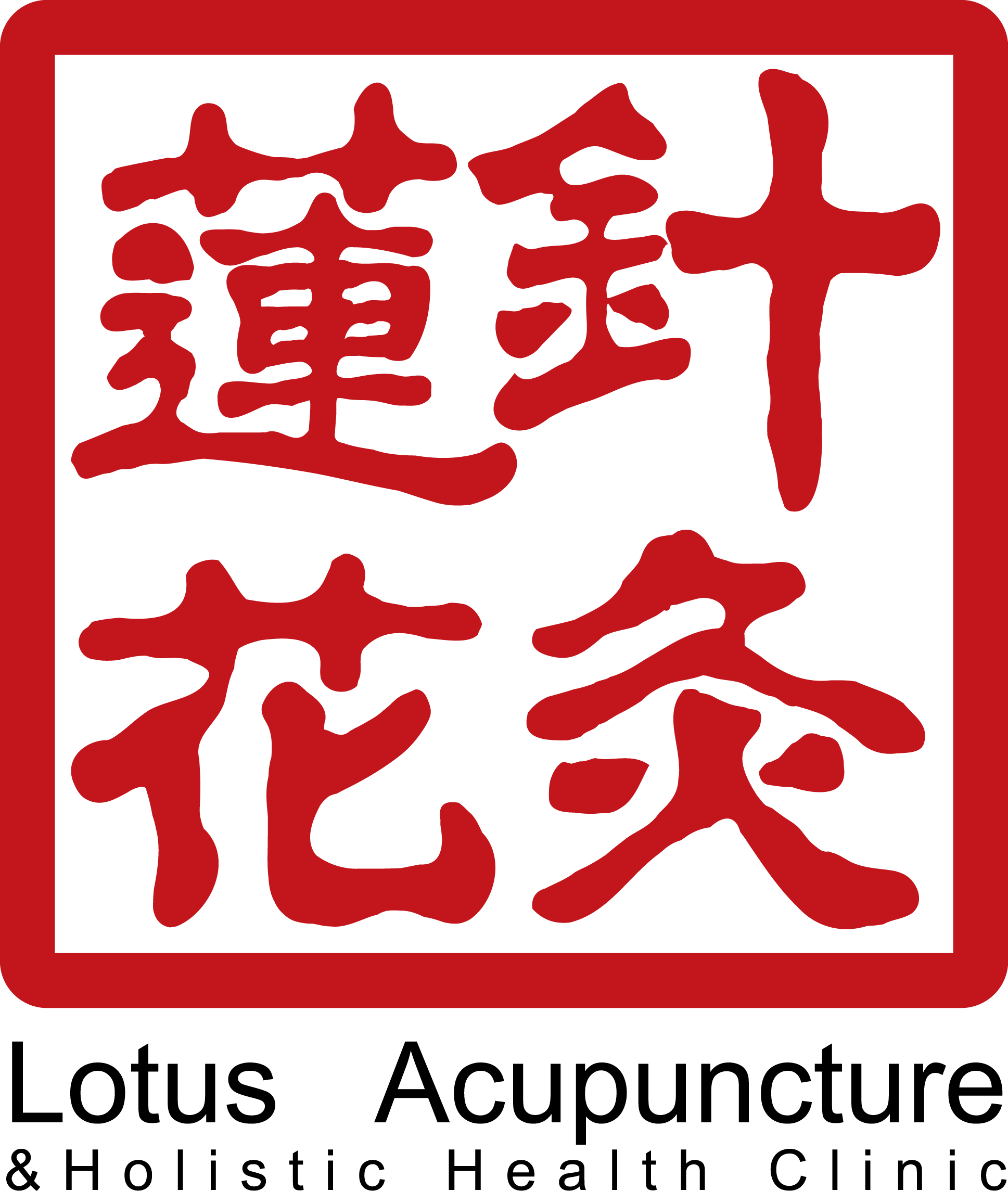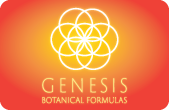 Traditional Chinese Medicine (TCM) has addressed the link between the body, spirit and mind for more than 2000 years. TCM does not view people as a collection of segmented parts to be treated independently.
Traditional Chinese Medicine (TCM) has addressed the link between the body, spirit and mind for more than 2000 years. TCM does not view people as a collection of segmented parts to be treated independently.
Instead, our belief is that illness affects both the mind and body; there is no separation between the two. Excessive and/or prolonged emotions contribute to the excess or deficiency of yin and yang that disrupts the flow of qi or energy through the body, thereby resulting in mental illness and accompanying symptoms.
Chinese Medicine does not recognize any mental disorder as one particular syndrome. Instead, it aims to treat the specific symptoms that are unique to each individual using a variety of techniques such as acupuncture, herbal medicine, bodywork, lifestyle/dietary recommendations and energetic exercises to restore imbalances found in the body.
According to the National Alliance on Mental Illness Organization (NAMI) , “mental illnesses are medical conditions that disrupt a person’s thinking, feeling, mood, ability to relate to others and daily functioning. Mental illnesses are medical conditions that often result in a diminished capacity for coping with the ordinary demands of life.”
About 6% or 1 in 17 Americans live with a serious mental illness. According to the National Institute of Mental Health 1 in 4 adults, approximately 57.7 million Americans in a given year experience a mental health disorder. In the United States and other developed countries, mental health disorders are four of the 10 leading causes of disability according to the World Health Organization. Major depressive illness will be the leading cause of disability in the world for women and children by 2020. For United States, untreated mental illness accounts for more than 100 billion dollars each year. Mental disorders can affect persons of any age, race, religion, or income
The World Health Organization recognizes Oriental Medicine effective in treating the following associated with Mental Health: Hysteria, Stress and Anxiety disorders, Schizophrenia, Mental Depression, Impotence (caused by mental illness or medications), Frigidity, Premature Ejaculation, Drug Addictions, Tobacco addiction. Acupuncture can also alleviate and treat Post Traumatic Stress Disorder (PTSD), Attention deficit hyperactivity disorder (ADHD), Irritability and Moodiness.
How Acupuncture Works
Why acupuncture? Traditional Chinese Medicine (TCM) has addressed the link between the body, spirit and mind for more than 2000 years. TCM does not view people as a collection of segmented parts to be treated independently. Instead, our belief is that illness affects both the mind and body; there is no separation between the two. Therefore, emotional disturbances have associated physical symptoms and, in reverse, physical disorders evoke emotional responses. Emotions do not cause disorders because it is normal to experience different emotions. But when emotions are excessive, prolonged or both, they can become problematic and contribute to physical symptoms. In Chinese medicine, different emotions are thought to affect different organs. When an individual experiences strong emotion, there are physical symptoms associated with it. For example, the emotion of sadness can produce a lump in the throat, “plum pit qi,” or difficulty taking deep breaths. The goal of TCM is to bring all the human systems into a healthy balance, insuring that both the mind and body feel well.
Diagnosis and Treatment of Mental Disorders with Chinese Medicine
Excessive and/or prolonged emotions contribute to the excess or deficiency of yin and yang that disrupts the flow of qi or energy through the body, thereby resulting in mental illness and accompanying symptoms.
Chinese Medicine does not recognize any mental disorder as one particular syndrome. Instead, it aims to treat the specific symptoms that are unique to each individual using a variety of techniques such as acupuncture, herbal medicine, bodywork, lifestyle/dietary recommendations and energetic exercises to restore imbalances found in the body. For example, if 100 people were treated for anxiety with Chinese Medicine, each of the 100 people would receive a customized and unique treatment regarding their anxiety because there are different patterns of disharmony that cause anxiety in Chinese Medicine.
The Principle of the Five Elements
The Principle of the Five Elements (known as the Wu Xing) describes the flow of qi and the balance of yin and yang. The Five Elements refer to wood, fire, earth, metal, and water in Eastern philosophy. They are used to interpret the relationship between the physiology and pathology of the human body and the natural environment.
In Chinese medicine, each element is associated with certain mental/emotional states. For instance, our memory, thought processes, emotional well-being, and consciousness are also attributed to the heart and fire element. When the fire element is in balance, the heart is strong and healthy, the mind is calm and sleep is sound. When the fire element is imbalanced, we may either lack joy (depression) or have an excess of joy (mania). Indicators of an imbalance in the fire element include agitation, nervousness, heartburn, and insomnia.
The Five Elements and Emotions
Wood (Liver) – Anger, jealousy, frustration, resentment, bitterness and stress
Fire (Heart) – Mania and over-excitation
Earth (Spleen) – Anxiety, pensiveness and worry
Metal (Lung) – Grief and sadness
Water (Kidney) – Fear,Depression and lack of will
Study of Acupuncture for Depression
Since the early seventies, studies around the globe have suggested that treating mental health disorders with acupuncture has a positive and holistic effect on depressed patients, particularly when used in combination with psychotherapy and herbal treatments.
Psychologist John Allen, from the University of Arizona in Tucson, and Acupuncturist Rosa Schnyer, conducted the very first pilot controlled study on treating depression symptoms with acupuncture in the Western scientific world. In a double blind randomized study, 34 depressed female patients who met the DSM-IV diagnostic criteria were assigned to one of three treatment groups for eight weeks.
The first group received acupuncture treatment specifically tailored to their depression symptoms. The second group received a general acupuncture treatment not specific to depression, and the third group was placed on a waiting list for acupuncture treatment, but received no treatment. The study found that those in the tailored acupuncture treatment experienced a significant reduction in symptoms, compared to those in the non-specific treatment. Moreover, over 50% of the participants no longer met the DSM-IV diagnostic criteria for depression after the study.
The study findings suggest that using acupuncture alone could be as effective as other types of treatments for relieving depression symptoms typically used in Western medicine, such as psychotherapy and drugs.
Treatment
Acupuncture and Chinese medicine are effective and safe tools to help smooth and balance what can be a challenging time of the year even under the best circumstances.
Each year, more and more people decide that complementary medicine provides treatments they desire, particularly acupuncture. Why? One study noted that individuals want to try available options and have a treatment with fewer adverse side effects. Patients also found alternative medicine to be less authoritarian and more empowering than conventional medicine. People identify with complementary medicine’s holistic view of the individual and they want the ability to have some control over their health care. They yearn to be treated as individuals and appreciate the greater amount of time that practitioners spend with them. These are some of the motivations that explain the appeal and ever-increasing popularity of alternative treatments. Most importantly, acupuncture works!




